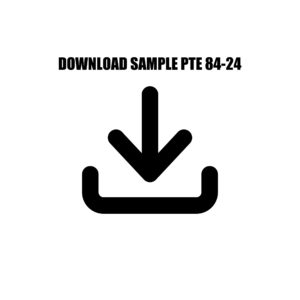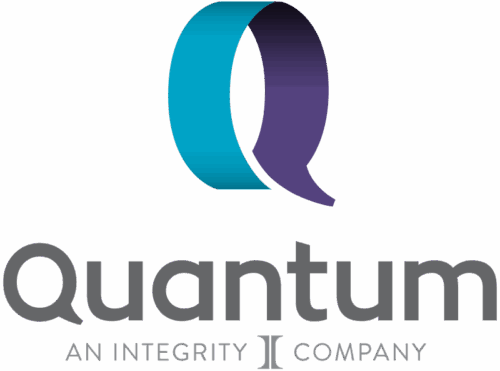Here are some details about the new requirements.
By now you have probably heard about the new DOL Rule PTE 2020-02 which was instated February 16, 2021. The DOL has delayed enforcement of the rollover disclosure and documentation provisions of the rule until June 30, 2022, but all other aspects of PTE 2020-02 will become effective February 1, 2022.
Beginning February 1, 2022, if a financial professional (1) acts as an investment advice fiduciary and (2) engages in a prohibited transaction, they must comply with an available PTE.
EXPANDED INTERPRETATION OF INVESTMENT ADVICE FIDUCIARY
The DOL has expanded its interpretation of fiduciary investment advice to apply to rollover recommendations, which include rollovers from one ERISA plan to another ERISA plan, from an ERISA plan to an IRA, from an IRA to an ERISA plan, or from one IRA to another IRA.
FORM PTE 84-24
Although there are two PTEs available: PTE 84-24 and PTE 2020-02, our insurance carriers will require you to use the PTE 84-24 starting February 1st because PTE 2020-02 requires the supervision of a “financial institution” which Quantum does not provide.
NOTE: Carriers will also be updating their sales agreements and suitability forms to certify compliance with PTE 84-24.
COMPLYING WITH PTE
PTE stands for Prohibited Transaction Exemption. It is basically a financial conflict of interest which must be disclosed to your client/the consumer. Generally, an individual or firm engages in a prohibited transaction when they provide fiduciary investment advice in exchange for compensation. PTE 84-24 applies to the receipt of a sales commission from an insurance company in connection with the purchase, with ERISA plan assets, of an annuity contract.
To comply with PTE 84-24, an agency or producer must comply with Impartial Conduct Standards, which include:
(1) acting in the best interest of the plan or individual to whom they are providing advice,
(2) receiving reasonable compensation, and
(3) making no misleading statements.
PTE 84-24 also requires that the agency or producer disclose the following to the plan or individual:
- whether they are an affiliate of the insurance company whose product is being recommended or if their ability to make recommendations is limited by any agreement with the insurance company, and, if so, the nature of the affiliation, limitation, or relationship;
- the amount of commission the agency or producer will receive from the insurance company in connection with the purchase; and
- a statement of any charges, fees, discounts, penalties, or adjustments which may be imposed under the recommended annuity contract in connection with the purchase.
THE DOL’S FIVE-PART TEST OF FIDUCIARY INVESTMENT ADVICE
The DOL has formally reinstated its five-part test to determine whether you are providing fiduciary investment advice. A person who meets all five prongs of the test and receives direct or indirect compensation will be considered an “investment advice” fiduciary with respect to the applicable ERISA plan or IRA.
Under the “five-part test”, a person is considered to be providing “investment advice” if the person:
(i) renders advice as to the value of securities or other property, or makes recommendations as to investing in, purchasing or selling securities or other property,
(ii) on a regular basis,
(iii) pursuant to a mutual agreement, arrangement, or understanding with the ERISA plan, the plan fiduciary or IRA owner that,
(iv) the advice will serve as a primary basis for investment decisions with respect to ERISA plan or IRA assets, and
(v) the advice will be individualized based on the particular needs of the ERISA plan or IRA.
For more information on the DOL Rule, you can visit the DOL’s website at www.dol.gov or view the DOL’s FAQs document here: https://www.dol.gov/agencies/ebsa/about-ebsa/our-activities/resource-center/faqs/new-fiduciary-advice-exemption
Please call us if you have any questions at 800.440.1088.



